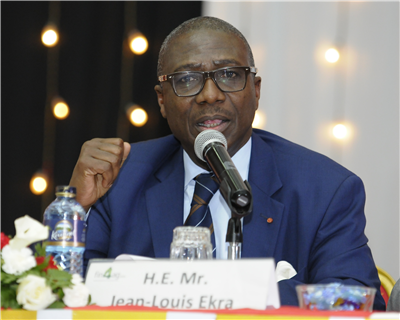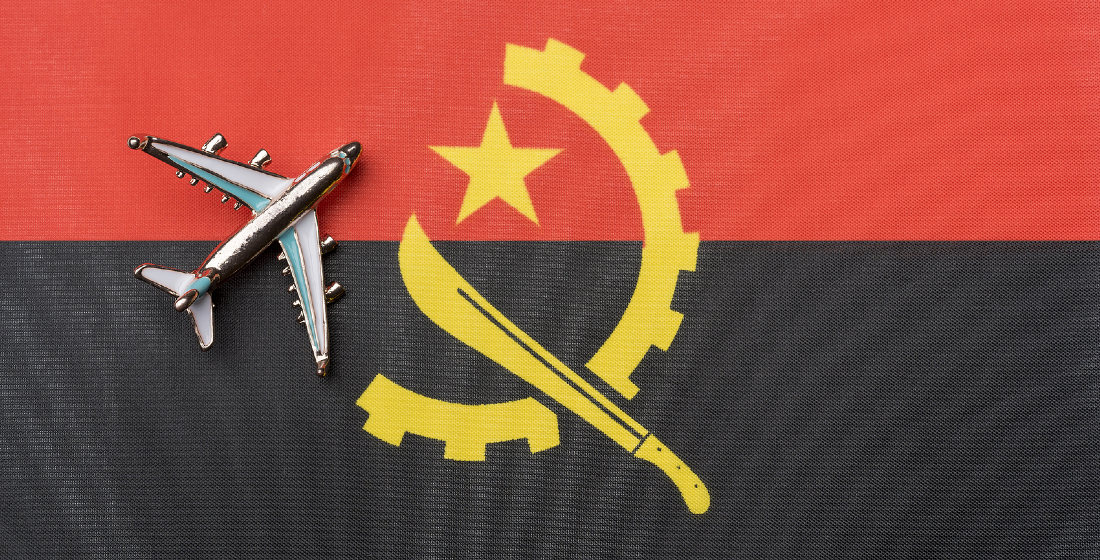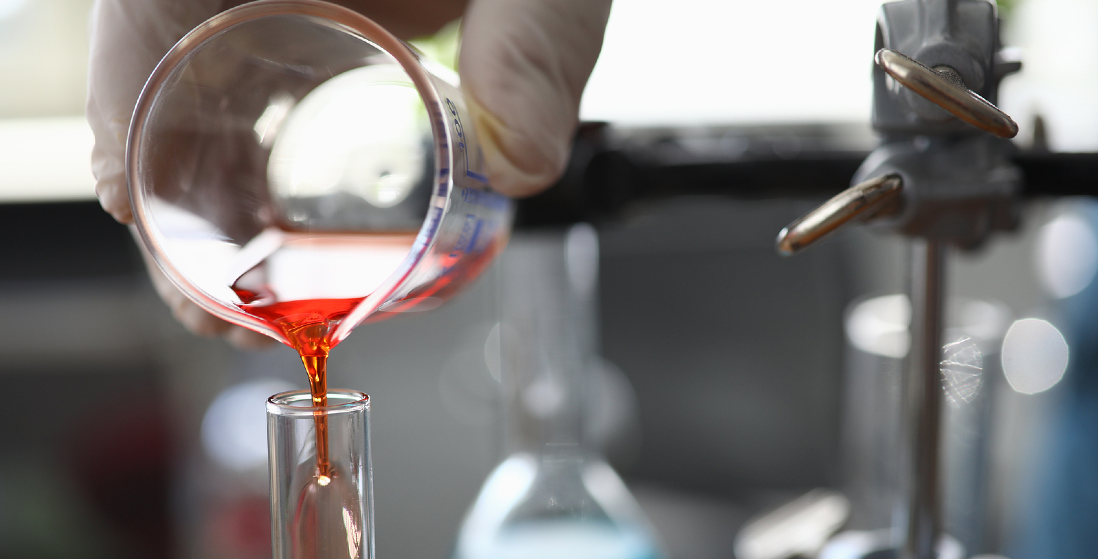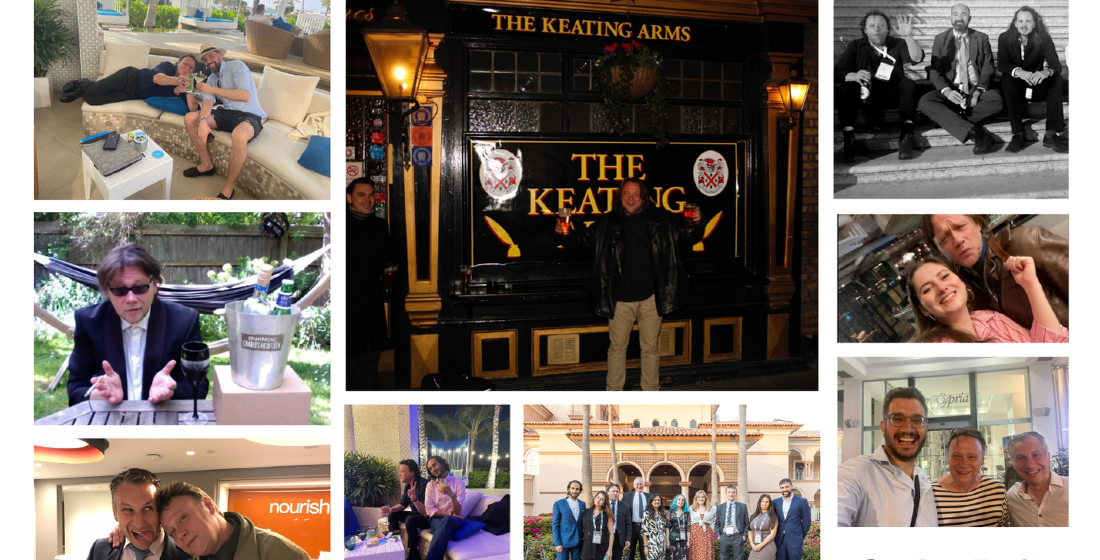Jean-Louis Ekra highlights Afrexim’s crucial role in value-added agri projects
“Africa requires $21 billion over the next 10 years to fill the finance gap in agricultural financing,” remarks Jean-Louis Ekra, president of African Export-Import Bank (Afreximbank) during the ‘Best practices in agri-value chain finance’ session at the Fin4Ag Conference in Nairobi today.

“Africa requires $21 billion over the next 10 years to fill the finance gap in agricultural financing,” remarks Jean-Louis Ekra, president of African Export-Import Bank (~Afreximbank^) during the ‘Best practices in agri-value chain finance’ session at the Fin4Ag Conference in Nairobi today.
Speaking in the session to an audience of close to 400 delegates, the Afreximbank president referred to the need for increased financing for infrastructure, irrigation systems and other facilities. At the same time, he stressed the importance of greater agricultural product processing within Africa for the benefit of economic development across sub-Saharan Africa.
He states: “Twenty-one years ago we started with warehouse financing of soft commodities – primarily cocoa, coffee and cotton. However, we saw that countries weren’t doing added-value. As such, we launched the Africa Cocoa Initiative (AFRICOIN)* to help producing countries further process the product.”
He adds: “Cote d’Ivoire, Ghana, Nigeria and Cameroon account for almost 80% of global cocoa production. The idea is that by 2020 we want to transform the cocoa production and processing capabilities of those countries.
“To this end, we have started financing indigenous producers and exporters to add value to cocoa – by producing cocoa butter and cocoa cake. So far we have been able to finance producers in Cote d’Ivoire, Nigeria and Ghana
The Afreximbank president also notes that Germany’s KfW has pledged $100 million to help develop the Africa Cocoa Initiative, through a multi-faceted financing component.
In addition, Ekra asserts: “Our objective is not to simply stop at cocoa, but to build and duplicate this objective to other projects – particularly with rubber and palm oil. We have started with Olam in Gabon where we have put more than $100 million into a palm oil project, which will take the production cycle all the way through to palm oil, butter and other products.”
With regard to AFRICOIN, during 2013, the bank provided $17.5 million dual tranche receivable-backed financing facility in favour of FTN Cocoa Processing , Nigeria (FTNCP). The proceeds of tranche 1 is being used to refinance existing debt obligations of FTNCP due to United Bank of Africa ($6.875 million) and Union Bank of Nigeria ($1.2 million). Proceeds of the second tranche of the facility: $9.425 million is being used to finance the purchase of cocoa beans and other inputs for the processing of cocoa beans into cocoa butter and cake for export.
Though FTNCP initially applied for working capital financing as specified in tranche 2, the bank, after assessing the company’s needs realised that the company needed more than working capital to enable it fully utilise its current installed capacity. The bank thus offered the term facility to underscore its determination to support entities in the agriculture value chain that promote export diversification. The support provided by the bank enabled the company to fully utilise its installed plant capacity, raise productivity and quantity of its finished products, and secure more profitable partnerships with major offtakers of processed cocoa products. Further, the bank’s support enabled the company to create about 380 (130 direct and 250 indirect) jobs.
The company’s contribution to Nigeria’s foreign exchange earnings capacity was also raised to about $40 million per annum, besides other contributions in the form of socio-economic development under the company’s corporate social responsibility to its local community, and training programme for local cocoa farmers, among others.
In addition to this, in 2013 the bank supported other companies in the cocoa value chain in Cote d’Ivoire under the AFRICOIN. The support included a $45.5 million pre-export receivables-backed finance facility to Société Amer Et Freres Cacao (SAF-CACAO); $13 million export receivables-backed financing term loan in favour of Société D’usinage Et Conditionement Du Sud-Ouest (SUCSO); and a $13 million pre-export receivables-backed facility in favour of Choco Ivoire. The various assistance extended by the bank to the export processing companies are expected to create more jobs, both direct and indirect, and contribute in improving the foreign exchange earnings of Cote d’Ivoire.
* Afreximbank launched AFRICOIN in 2012, and the bank expanded the activity considerably in 2013 (see below). AFRICOIN is intended to: (i) facilitate productivity growth in African cocoa farms, (ii) promote and finance increased processing of cocoa beans into industrial raw materials (cocoa liquor, cocoa powder and cocoa butter) to feed manufacturing plants in Africa, Europe, North America and Asia, and (iii) promote consumption of cocoa in origin countries.





